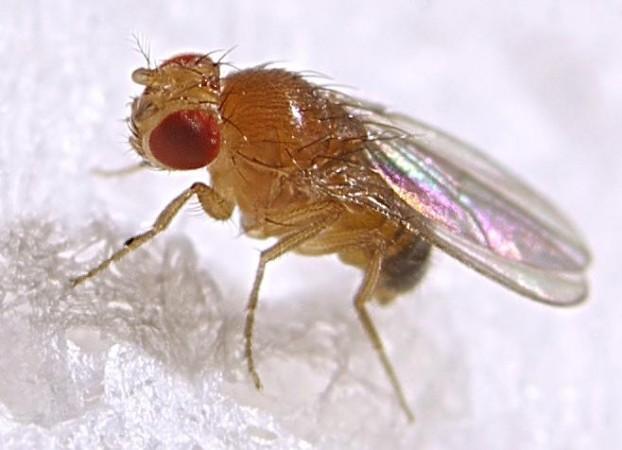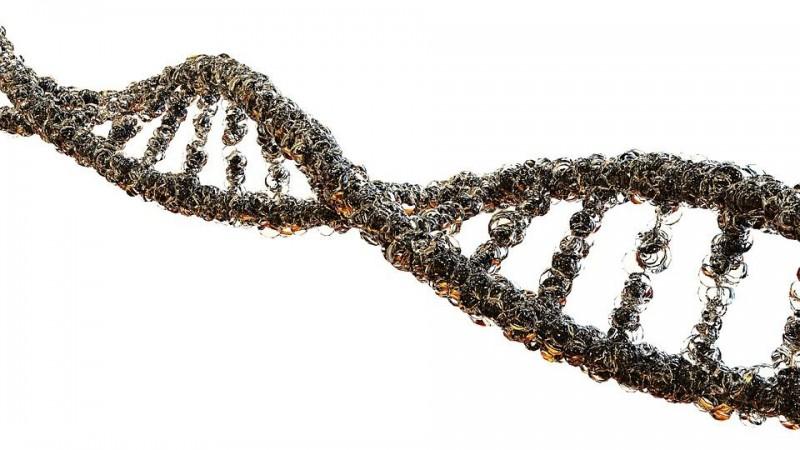Is there a right age to have kids? The answers are highly debatable. However, it has been noted that men fathering children at an older age tend to pass on more genetic mutations to their offspring when compared to younger fathers. Interestingly, the 'why' behind this remains to be clearly discerned. Now, scientists have may have found the answer to this genetic disparity.
Through a new study involving fruit flies, researchers from Rockefeller University have found that the number of mutations observed in the testes of older individuals is higher than that in younger ones. They also discovered that the repair mechanisms through which mutations are removed during the production of sperm did not occur within the testes of older flies. The learnings can inform research aimed at understanding the inheritance of disease in humans.
"We were trying to test whether the older germline is less efficient at mutation repair, or whether the older germline just starts out more mutated. Our results indicate that it's actually both. At every stage of spermatogenesis, there are more mutations per RNA molecule in older flies than in younger flies," said Dr. Evan Witt, first author of the study, in a statement. The findings were published in the journal Nature Ecology & Evolution.
Analysing Mutations In Fruit Flies

For the study, the team investigated the mutations occurring during spermatogenesis in fruit flies (Drosophila). They employed an unconventional approach: recording genomic mutations through single-cell RNA sequencing and then comparing them with genomic data.
First, the authors examined RNA obtained from the testes of around 300 fruit flies using single-cell sequencing. Nearly half of the flies were young (48 hours old) and the remaining were old (25 days of age).
Next, the genome of individual flies was sequenced. This was done in order to ascertain whether the mutations observed were inherited from the fly's parents, somatic, or de novo (alteration in the individual's germline).
New Mutations or Inherited from Parents?

The analysis of each mutation revealed that they were original or appeared for the first time. "We can directly say this mutation was not present in the DNA of that same fly in its somatic cells. We know that it's a de novo mutation," stated Dr. Witt.
It was learnt that while mutations were common in the testes of both young and old fruit flies, they were higher in older individuals. Furthermore, several of these mutations were eliminated in younger flies by their body's genomic repair mechanisms during spermatogenesis. However, such mending of mutations did not occur in the testes of older flies.
Importantly, juxtaposing the two sets of data helped the scientists match mutations to the type of cells in which they arose. "It's a good way to compare mutational load between cell types, because you can follow them throughout spermatogenesis," noted Dr. Witt.
Potential to Provide Human Insights

The authors intend to expand their research through the inclusion of flies belonging to different age groups and verify whether the repair of transcription can occur in them as well. If such a repair mechanism does exist, it can aid in the identification of the pathways responsible for giving rise to mutations. Dr. Witt remarked: "What genes are really driving the difference between old and young flies in terms of mutation repair?"
Dr. Li Zhao, corresponding author of the study, noted that as the reproductive rate is high in fruit flies, examining the pattern of mutation in them can provide a novel understanding of how new mutations can affect human evolution and health. Such fresh insights can help in the improved comprehension of the role of mutations in the inheritance of diseases.
"It's largely unknown whether a more mutated male germline is more or less fertile than a less mutated one. There's not been very much research on it except for at a population level. And if people inherit more mutations from aging fathers, that increases the odds of de novo genetic disorders or certain types of cancers," concluded Dr. Witt.

















